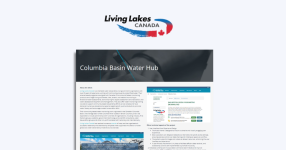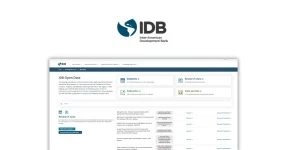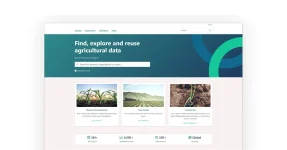Reluctance with updates and patches is justifiable especially if your website is working just fine. Yet when a version of a programming language reaches end of life for on-going support, it becomes a whole different story. Companies both big and small will need to take action or risk downtime and security issues which could cripple their online operations.
In this article, we’ll discuss what you need to learn about the upcoming End of Life (EoL) for PHP 7.1.
End of Life Definition
“End-of-life” is a term that indicates a product is at the end of its useful life (at least from the vendor’s perspective) and existing marketing, selling and other processes are terminated by the vendor.
Simply put, end of life means support will be terminated for a product/software beyond the stated EoL date. Market demands and technological innovation are usually the main driving forces for this occurring.
PHP 7.1 End of Life (1 Dec 2019)
PHP is a general-purpose programming language originally designed for web development. From giant entities like Facebook and Wikipedia to smaller organisations and personal sites, it is a known fact that all Drupal and WordPress websites rely heavily on PHP.
Released in 2016, PHP 7.1 provided a significant increase in the site speed of those who upgraded from PHP 5.6 when it reached end of life last December 2018. This coming December 1st, users will be facing a similar scenario – only this time, PHP 7.1 will be the one sunsetting.
What it means
- As of 1 December 2019, PHP 7.1 will officially be an unsupported branch of PHP – meaning it will no longer receive bug fixes or security updates.
- Although PHP 7.1 will no longer be actively supported, your website and PHP application will continue to work beyond 1 December 2019.
- Using version 7.1 beyond its end of life puts your site at a greater risk to security vulnerability and bugs.
Challenges with upgrading
- Contributed modules and plugins that are no longer actively maintained by their creators may cause potential issues.
- Some modules and plugins may create significant regressions in their latest versions, as developers will no longer test for PHP 7.1, and will therefore need to be patched or reverted.
Benefits of upgrading
- Upgrading to a later version will ensure your website and applications are actively supported with security patches released as required.
- Later versions are also faster; according to various popular benchmarks, PHP 7.2 runs 12% faster than 7.1 and PHP 7.3 runs 23% faster than 7.1 and 31% faster compared with 7.0.
Time estimate for upgrading
While migrating to a later version may be a complex process, the time estimate for upgrade depends on the complexity of the codebase. Feel free to contact us for a free assessment and quote to upgrade your site.
Got questions?
If you need help in migrating your website to a later version of PHP or if you have further questions about PHP 7.1 EoL, get in touch with the Link Digital team today.



